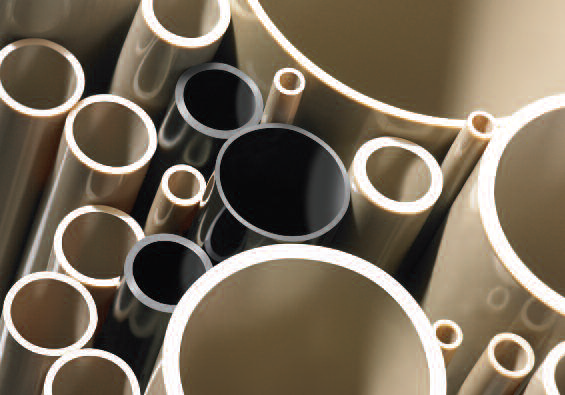Material Hub > Materialien
Materialien
-
Kategorie KunststoffeDichte 1.2 g/cm3Einsatztemperatur -40 – 115 °C
-
Kategorie KunststoffeDichte 1.2 g/cm3Einsatztemperatur -40 – 115 °C
-
Kategorie KunststoffeDichte 1.2 g/cm3Einsatztemperatur -40 – 115 °C
-
Kategorie Nickel based alloyDichte –Einsatztemperatur –
-
Kategorie Rotguss/Bronze/BleibronzeDichte 8.8 g/cm³Einsatztemperatur –
-
Kategorie Rotguss/Bronze/BleibronzeDichte 9.1 g/cm³Einsatztemperatur –
-
Kategorie Rotguss/Bronze/BleibronzeDichte 8.8 g/cm³Einsatztemperatur –
-
Kategorie ThermoplasteDichte 1.31 g/cm³Einsatztemperatur -60 – 250 °C
-
Kategorie ThermoplasteDichte 1.31 g/cm³Einsatztemperatur < 260 °C
-
Kategorie KunststoffbeschichtungDichte –Einsatztemperatur -40 – 200 °C
-
Kategorie KunststoffbeschichtungDichte –Einsatztemperatur -40 – 200 °C
-
Kategorie KunststoffeDichte 1.46 g/cm³Einsatztemperatur -30 – 250 °C
-
Kategorie KunststoffeDichte 1.46 g/cm³Einsatztemperatur -30 – 250 °C
-
Kategorie KunststoffeDichte 1.41 g/cm³Einsatztemperatur -20 – 60 °C
-
Kategorie KunststoffeDichte 0.96 g/cm³Einsatztemperatur -50 – 80 °C
-
Kategorie KunststoffeDichte 0.96 g/cm³Einsatztemperatur -50 – 80 °C
-
Kategorie KunststoffeDichte 0.96 g/cm³Einsatztemperatur -50 – 80 °C
-
Kategorie KunststoffeDichte 0.96 g/cm³Einsatztemperatur -30 – 100 °C
-
Kategorie ThermoplasteDichte 1.3 g/cm³Einsatztemperatur 240 °C
-
Kategorie NickelDichte 8.2 kg/dm³Einsatztemperatur –





